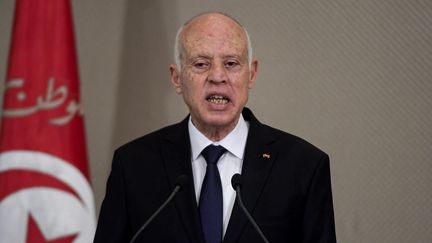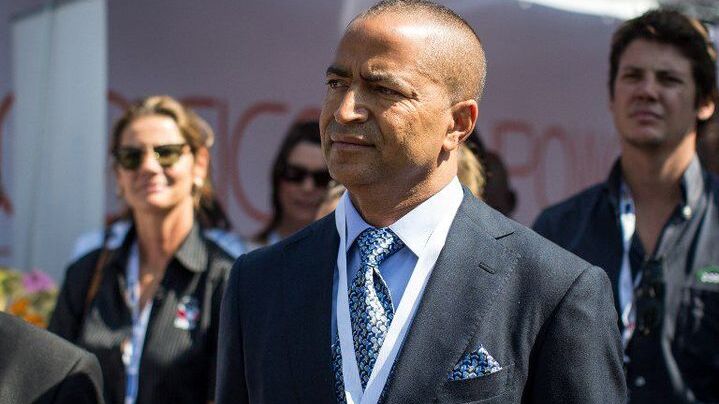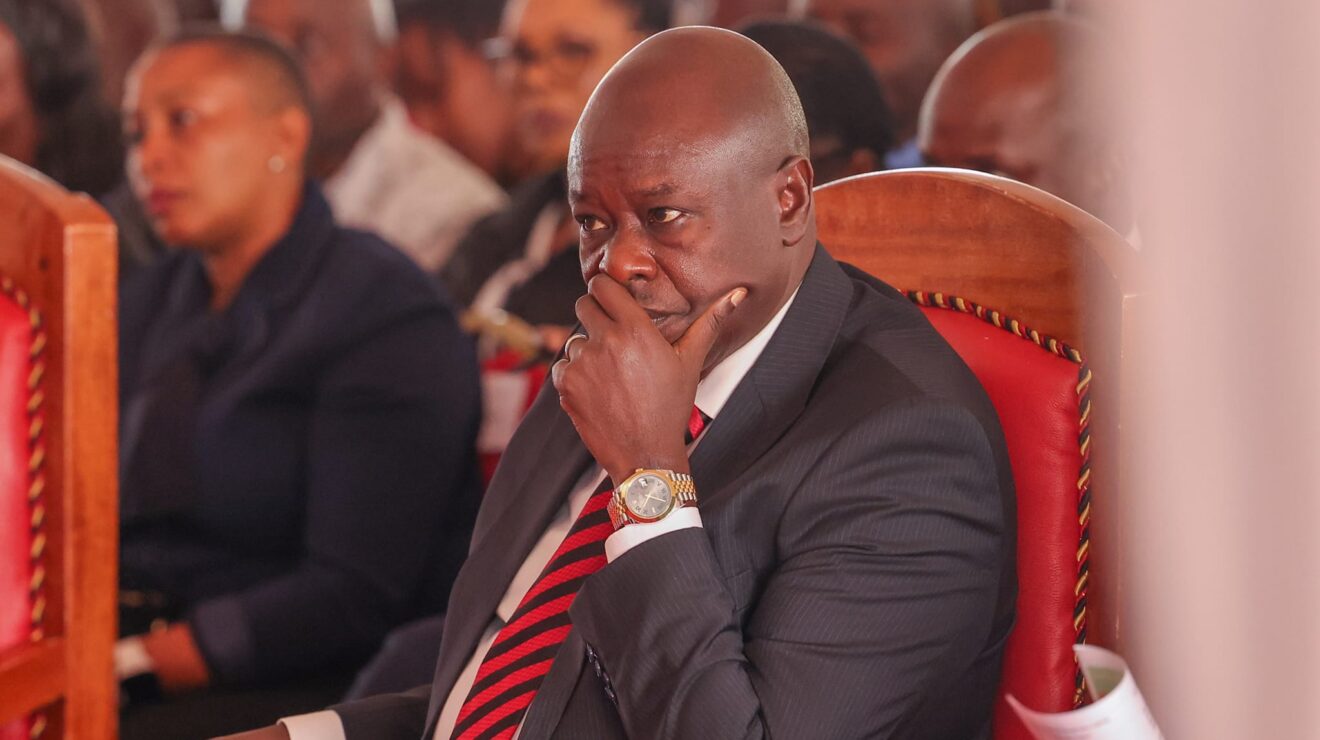
Tunisia: Kaïs Saïed, Europe's ambiguous ally in the face of migration and the presidential election in his sights
As his likely re-election approaches, Tunisian President Kais Saied finds himself at the heart of complex controversies against a backdrop of migration crisis and internal political tensions. While Europe, particularly Italy, has made Tunisia a pillar of its anti-immigration strategy, this relationship is becoming increasingly embarrassing.
Explosion of arrivals
Since the beginning of 2024, the arrival of migrants in Europe, via Tunisia, has exploded. Faced with this, the European Union, led by Giorgia Meloni's Italy, has multiplied agreements with Tunis to curb these flows. In exchange, Saïed obtained significant financial support to consolidate his regime, despite internal criticism. But what was supposed to be a pragmatic partnership is taking an increasingly embarrassing turn for Europe. Indeed, Saïed's domestic policy is marked by authoritarian excesses: dissolution of Parliament, rewriting of the Constitution, and accusations of repression of opponents and the media. This situation seriously compromises the image of Europe, caught between the need to control immigration and the embarrassment of supporting a regime increasingly criticized for its autocratic management of power.
Saïed wants to re-enlist
Domestically, Saïed has not yet officially declared his candidacy for a second term. However, everything suggests that he intends to run again. But criticism of his management of the economic crisis, and especially his controversial constitutional revision, is making people grind their teeth. Many see him as a leader disconnected from the people's priorities, more concerned with maintaining his power than with solving the urgent social and economic problems facing Tunisia.
As Europe continues to depend on Tunisia to curb the waves of migration, Saïed is using this lever to secure valuable financial support, but at the cost of increasing pressure on his governance. It remains to be seen whether this dynamic will continue after a new re-election, or whether the tension between an increasingly isolated Saïed and his European partners will reach its breaking point.



Leave a comment
This site is protected by hCaptcha and the hCaptcha Privacy Policy and Terms of Service apply.